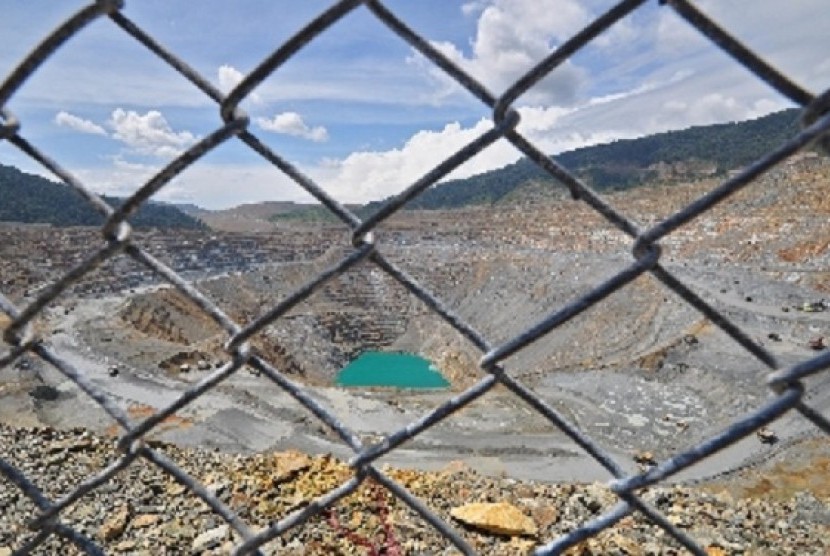REPUBLIKA.CO.ID, JAKARTA -- Mineral and Coal Director General Sukhyar said progress made by mineral ore producers in the construction of smelter would determine the level of export tax on their concentrates.
Currently the finance ministry is yet to set the export taxes on mineral ores, Sukhyar said here on Monday.
He said the progress made in the construction of smelter could be seen from the amount of money already spent on the project.
"Assuming the value of the project is US$2 billion and the fund already spent on the project is US$100 million, the progress made so far is 5 percent," he cited.
He said the government considers to set an export tax range from 0-5 percent, 5-10 percent, 10-25 percent , 25-50 percent , 50-95 percent and 95-100 percent.
"The levels of export tax are set by the finance ministry," he said.
Mining companies including US gold and copper miners PT Freeport Indonesia and PT Newmont Nusa Tenggara (NTT) have been against the export tax set under the regulation of the finance minister No 6/PMK.011/2014 and asked for a cut.
Freeport Indonesia, a subsidiary of Freeport Mc MoRan Copper & Gold and NTT , a subsidiary of Newmont Mining Corp. together account for 97 percent of the country's copper production.
In line with the ministerial regulation, mining companies are to pay export taxes ranging from 20 to 60 percent in the period of 2014-2016.
The ministerial regulation is based on the Law No. 4 of 2009 on mineral and coal mining that mineral ores need to be refined before being allowed to be exported.
The regulation is effective as from the middle of January 2014.
Among the minerals that have to be refined before being exported are bauxite, nickel, tin, chromium, gold and silver because they have no immediate products, Sukhyar was quoted as saying earlier.
Exports are allowed to be continued for copper, iron ore, lead and zinc concentrate, but the producers are required to build smelter until 2017.
Export taxes are slapped depending on the progress made in the smelter construction.
The policy is to promote domestic processing that would provide more badly need jobs and increase the added value of the commodities.


